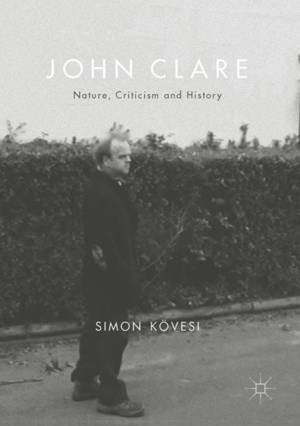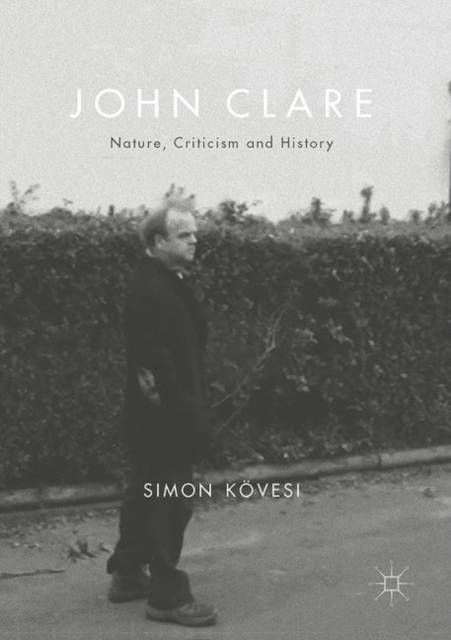
- Retrait gratuit dans votre magasin Club
- 7.000.000 titres dans notre catalogue
- Payer en toute sécurité
- Toujours un magasin près de chez vous
- Retrait gratuit dans votre magasin Club
- 7.000.0000 titres dans notre catalogue
- Payer en toute sécurité
- Toujours un magasin près de chez vous
Description
This book investigates what it is that makes John Clare's poetic vision so unique, and asks how we use Clare for contemporary ends. It explores much of the criticism that has appeared in response to his life and work, and asks hard questions about the modes and motivations of critics and editors. Clare is increasingly regarded as having been an environmentalist long before the word appeared; this book investigates whether this 'green' rush to place him as a radical proto-ecologist does any disservice to his complex positions in relation to social class, work, agriculture, poverty and women. This book attempts to unlock Clare's own theorisations and practices of what we might now call an 'ecological consciousness', and works out how his 'ecocentric' mode might relate to that of other Romantic poets. Finally, this book asks how we might treat Clare as our contemporary while still being attentive to the peculiarities of his unique historical circumstances.
Spécifications
Parties prenantes
- Auteur(s) :
- Editeur:
Contenu
- Nombre de pages :
- 266
- Langue:
- Anglais
Caractéristiques
- EAN:
- 9780230277878
- Date de parution :
- 14-08-17
- Format:
- Livre relié
- Format numérique:
- Genaaid
- Dimensions :
- 148 mm x 210 mm
- Poids :
- 485 g

Les avis
Nous publions uniquement les avis qui respectent les conditions requises. Consultez nos conditions pour les avis.






